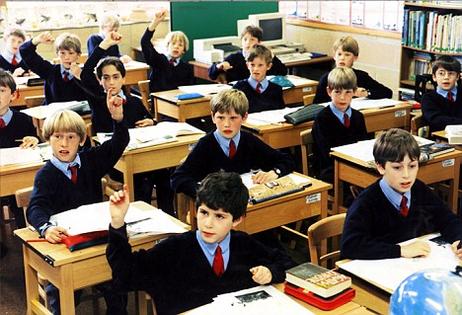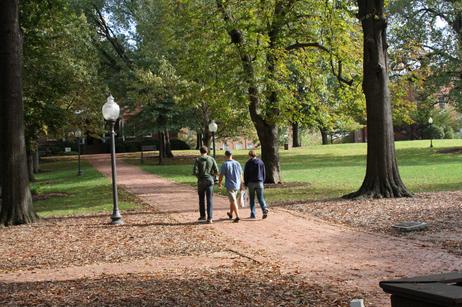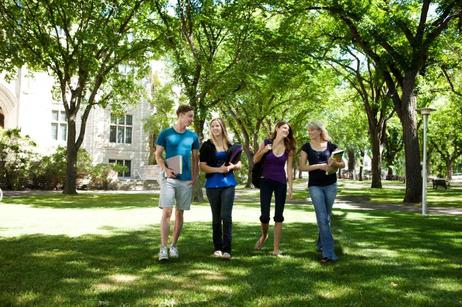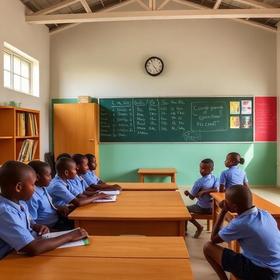Many parents tend to dismiss the idea of sending their children to private school without exploring it in depth. Similarly, many teachers flirt with the idea of teaching in a private school without delving into the matter deeply. Supporting your alma mater financially is another concept many alumni figure is somebody else's job. Of course, it isn't.
Send my child to private school?
You would want to send your child to private school for several reasons. The public schools in your area may not offer all the academic programs you want your child to have as she prepares for college a couple of years from now. The local public schools may have had to cut extracurricular activities because of financial constraints. You want your child to participate in a variety of extracurricular activities. Sports programs may have been cut as well. Many school districts are struggling with their budgets and that impacts academics, extracurricular activities, and athletic programs across the board. Those kinds of fiscal pressures make the extras problematic at best. Who wouldn't want their child to be in academic surroundings where anything is possible as this short video suggests.
In this video, a student explains his math project.
Making the decision to send your child to private school requires some serious analysis and discussion of your aims and objectives. When we were having that discussion, we had two concerns: 1) stretching out children

















